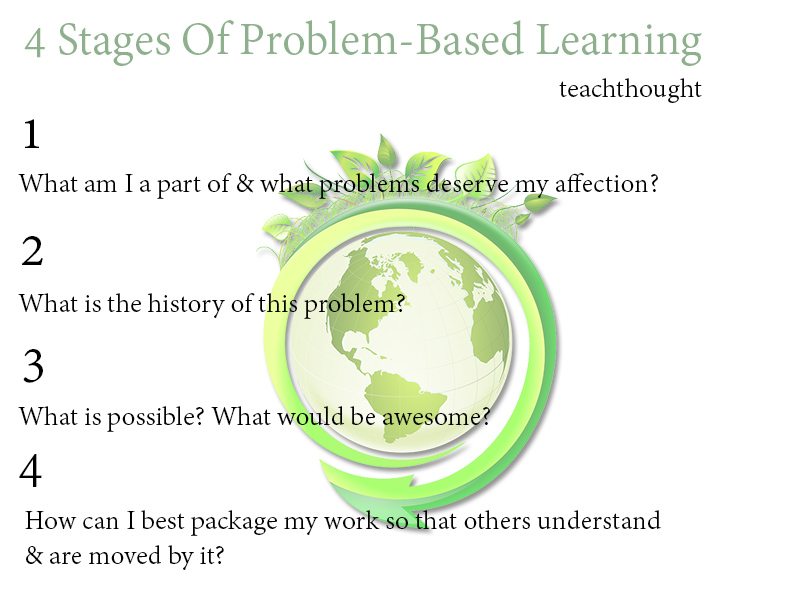- Genre: Contextual Analysis in the form of a conventional academic essay, focusing on synthesis
- Audience: educated, curious readers
- Length: 1500-1750 words
- Sources: minimum of eight credible sources, at least four of which come from peer-reviewed scholarly publications, and one book
- Background: St. Martin’s e-Handbook: choosing topics (12); conducting research (13); integrating sources (15)
- Grade and assessment: click here for scoring guide [TBA]
It is likely that in WRD103 you were asked to work on a textual analysis or a rhetorical analysis that looked closely at an isolated text and you interpreted it with descriptive language from that text. This  is a good intellectual exercise that will always result in a particular kind of meaning, based solely on that isolated text.
is a good intellectual exercise that will always result in a particular kind of meaning, based solely on that isolated text.
A contextual analysis is a different intellectual exercise altogether. When you put an issue into context, you can create a new kind of meaning and by putting your sources into conversation with each other, you can compare and contrast writers’ values and rhetorical strategies. The result of that intellectual exercise is that you can now tell us something we did not know about the issue before, or be able to tell us in a new way. (“Every wolf in Yellowstone therefore is more than just a wolf. Imbued with profound symbolic meaning, each wolf embodies the divergent goals of competing social movements …”)
That’s the Why; Here’s the How:
By this point in the term, and after an individual conference with me, you should have identified a social, cultural, or political issue from reading the New York Times that demonstrably affects you for further inquiry — what we’ll call the proximity-to-the-issue problem.
An “issue” is different than a “topic” because with an issue we can identify places where reasonable people can have different perspectives and take different rhetorical positions in debates, disagreements, differences, and controversies; an issue is debatable, and a topic is not.
Your challenges for this project are to [1] first spend some time in inquiry mode, asking questions — to whom does this issue matter? Why? What is interesting about it? What is important about it? What is at stake? What does your initial research reveal? — [2] to research more in depth, comparing and contrasting the sources you find interesting [3] to compose your contextual analysis based on your research.
Your Contextual Analysis Essay will include:
- An introduction in which you introduce the issue to readers, describing why it is an important and timely issue, to whom it matters, and why it matters to them
- The main body of your essay collects, analyzes, synthesizes, and contextualizes sources via your critical and rhetorical methods of analysis
- Your conclusion answers the “so what?” question? Based on your analysis, what really seems to be at stake? What does it mean? The assumption here is that your analysis of writers’ values and rhetorical strategies can tell us something about the issue that we did not know before, or that you can tell us in a way that we have not heard before. “Every wolf in Yellowstone therefore is more than just a wolf …”
What will not be in your Contextual Analysis Essay:
- Your position on the issue
- Your thesis on the issue
- How you feel about the issue
Recent examples:
- What is happiness?
- Is there such a thing as a suburban ethos?
- Are leaders born that way, or are they made?
- Where does confidence come from? Be sure to click on Brooks’s first link, to “The Confidence Code”: “In studies, men overestimate their abilities and performance, and women underestimate both. Their performances do not differ in quality.”
- What is the “middle class”?
- What is feminism?
- What is empathy?
- Why do people compose & share “selfies”?
- What is the relationship between art and fashion?
- What would a reception study of the film Hunger Games tell us about where the film resides in the public imagination?
- What is the history of Pilsen and how is it usually reflected in histories of Chicago?
- What is privacy?
- What is the purpose of college?
- Is there a “rhetoric of terrorism?”


